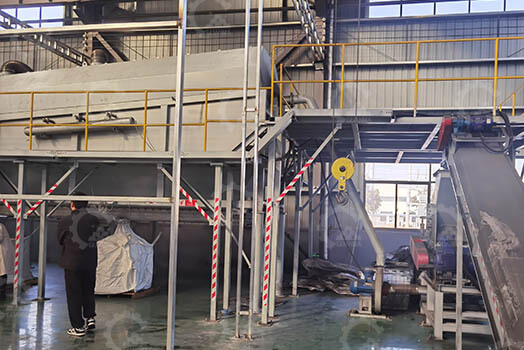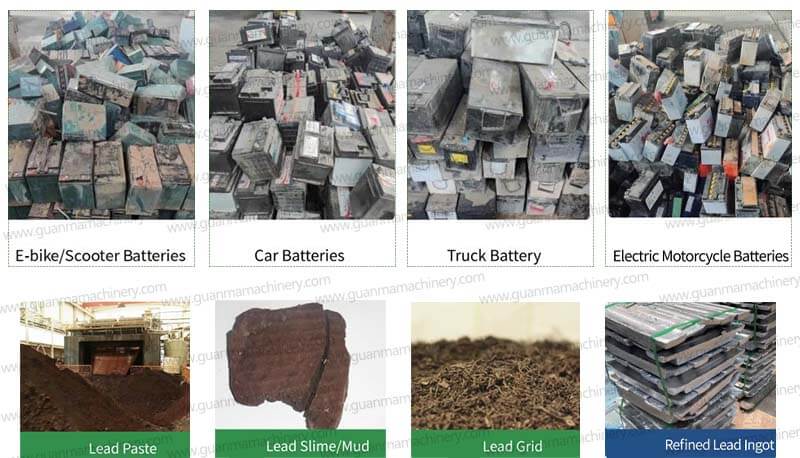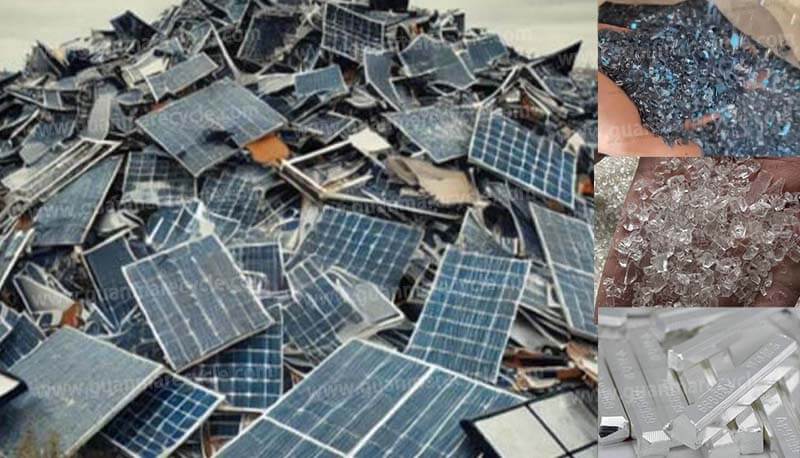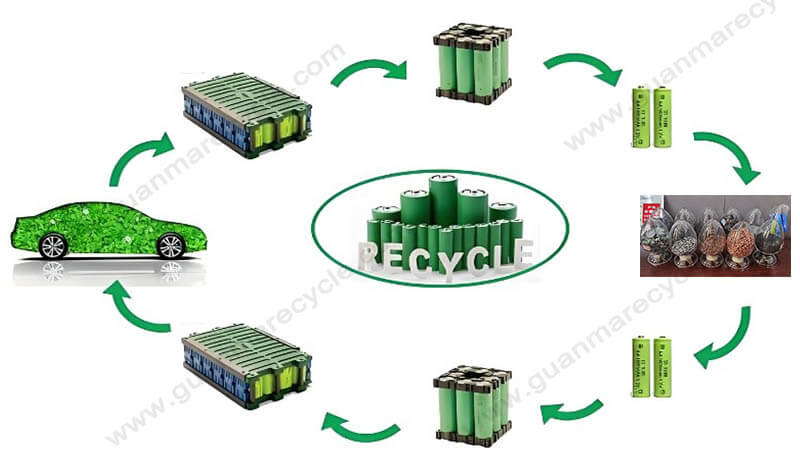How much does a lithium battery recycling plant cost? In the quest for sustainable energy, lithium-ion batteries (LiBs) play a pivotal role, powering the electric vehicle revolution and portable electronics. Consequently, the requirement for efficient recycling solutions escalates, spotlighting lithium battery recycling plants as a vital frontier. This article provides a concise examination of the investment landscape, unraveling the primary cost considerations for establishing a recycling facility and emphasizing the potential returns within this eco-conscious industry.Let’s take a closer look at the cost of a lithium battery recycling plant.

The upfront expense of setting up a lithium battery recycling plant is multifaceted, Key cost components include:
Safety and Pre-Processing Machinery: Specialized equipment for secure battery handling, sorting, and disassembly, ensuring minimal environmental risk and optimized material recovery.
Extraction Technologies: Cutting-edge processes, be it hydrometallurgical or pyrometallurgical, aimed at recovering lithium, cobalt, and other valuable metals with high efficiency.
Environmental Compliance Systems: Essential for managing emissions and waste, including air purification, water treatment, and hazardous waste handling infrastructure.
Automation and Digital Integration: Streamlining operations, enhancing traceability, and boosting productivity through automated systems and integrated IT platforms.
Beyond the initial capital outlay, recurrent costs encompass raw material procurement, energy consumption, skilled labor, ongoing maintenance, and research for continuous process enhancements. Nonetheless, the commercial appeal resides in the resale value of extracted materials, especially given the soaring demand for lithium and other battery metals.
Policy Support and Market Dynamics:
Governments worldwide increasingly incentivize battery recycling initiatives, with tax breaks, subsidies, and funding opportunities that mitigate initial financial barriers. Collaborations with battery producers and automotive OEMs further bolster revenue channels, driven by their commitment to sustainable sourcing and closed-loop supply chains.
In summary, while establishing a lithium battery recycling plant necessitates substantial upfront and operational investments, the confluence of environmental necessities, the escalating demand for recycled battery materials, and a supportive regulatory framework renders this sector ripe with opportunity.



